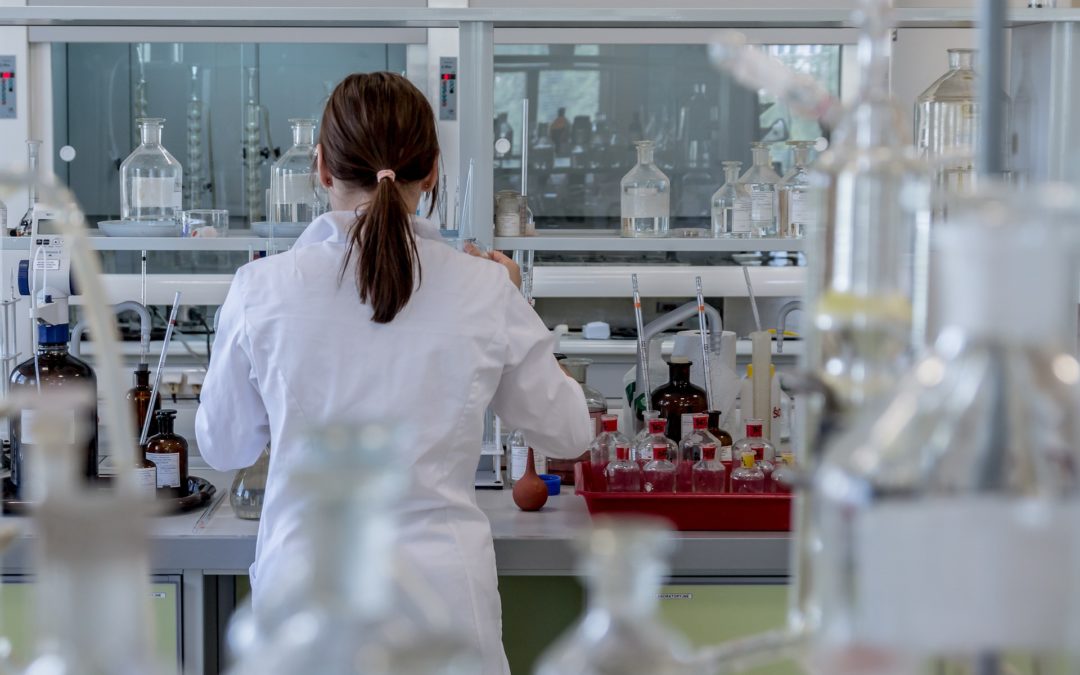Enzymes are globular proteins and biological catalysts that are indispensable for life because they are directly involved in several metabolic reactions in our bodies. Enzymes, however, are also very useful in laboratory where they can be used in biotechnological processes. For example, the immobilisation of enzymes can change and improve some of their characteristics, such as stability, useful in different processes. The use of an immobilized enzyme allows the reuse of the catalyst, with a positive impact on the costs of a production process.
Enzymes immobilisation
When we talk about immobilised enzymes, we mean the more or less strong association of enzymatic molecules to a solid support. This association is obtained through the development of covalent bonds or it is also possible to exploit adsorption phenomena.
There are several techniques for the immobilisation of the enzymes, each of which is based on a specific principle. The only common denominator that cannot be ignored is that the catalytic activity should be maintained. In fact, if a good method of immobilization is used, it is necessary that the tertiary structure of the protein was not distorted. Let us now look at some of the most common methods of enzymes immobilisation.
Most common immobilization techniques
Among the most common immobilization techniques there is one that exploits bifunctional molecules able to create a bridge between a support and the enzyme. In this way, covalent bonds are developed that guarantee the reuse of the enzyme in several reaction cycles.
The method of cross-linking between enzyme molecules makes it possible to create a cross-linked polymer, thus forming a gel consisting of the enzyme itself, which maintains its activity in this form as well.
The method of trapping or encapsulation consists in creating a three-dimensional lattice in which the enzyme molecules are immobilized, while maintaining a wide accessibility of the substrate to the catalyst.
Enzyme production
The industrial production of enzymes is aimed at chemical-pharmaceutical companies and those operating in related sectors. Today, both natural and recombined enzymes of excellent quality and stability are produced in BiCT laboratories, thus guaranteeing a long term and wide use.

